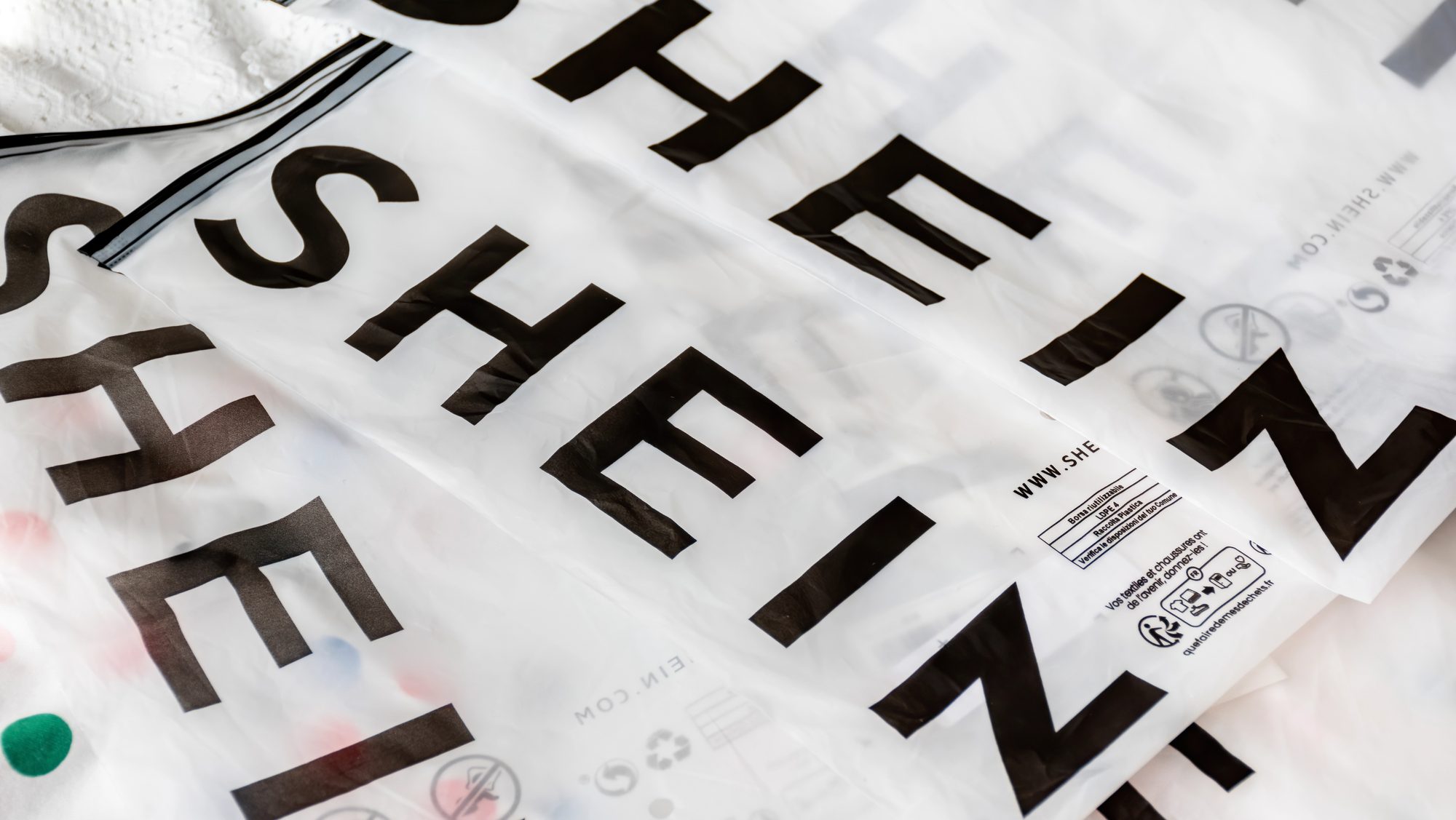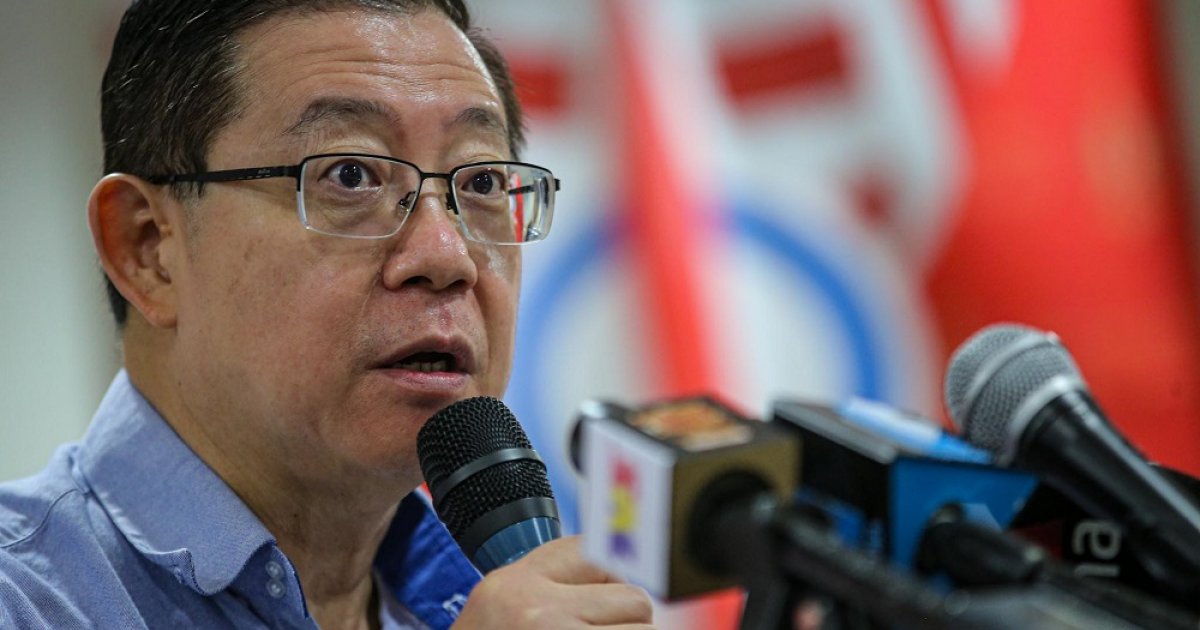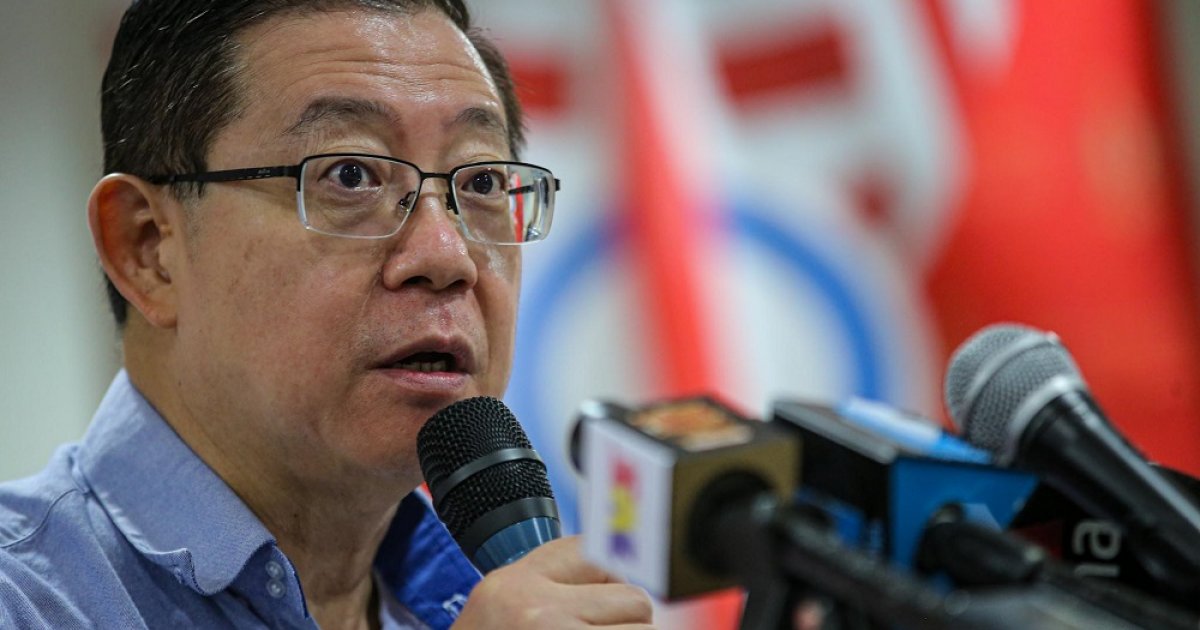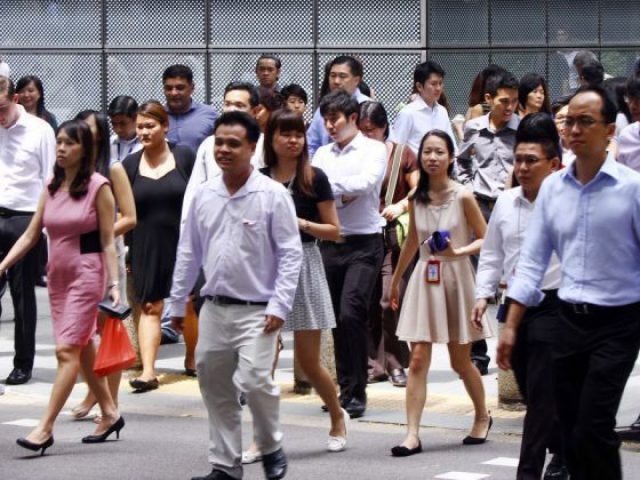SINGAPORE: Shein’s Executive Chairman, Donald Tang, has reaffirmed the company’s commitment to going public despite mounting pressures, including Donald Trump’s campaign to limit tariff-free imports from China. In a recent statement to Bloomberg featured in an article by Singapore Business Review, Tang emphasized that an initial public offering (IPO) would enhance the company’s transparency and foster trust, addressing growing concerns around Shein’s labour practices.
“By going public, we can earn more efficiently the most amount of public trust, which is crucial for the growth of our company,” Tang remarked during a speech in London. His comments come as Shein continues to face scrutiny over allegations of labour violations in its supply chain.
The fast-fashion giant, originally founded in China and now headquartered in Singapore, confidentially filed for a potential London IPO in June 2024. However, Shein is navigating a shift in its market valuation, with investors reportedly recommending a reduced valuation of $30 billion—down significantly from $66 billion in 2023 and $100 billion in 2022.
Compounding Shein’s IPO plans are potential changes in U.S. trade policy. The company is closely monitoring the possible end of the “de minimis” rule, which currently exempts imports valued under $800 from tariffs. Should the rule be revoked, Shein may be forced to hike prices on popular low-cost items, like $8 T-shirts and $12 dresses. “We want to make sure the customers are not impacted whatever storm is coming,” Tang stated, highlighting the company’s ongoing efforts to protect its consumer base.
In response to rising costs, Shein is exploring various cost-cutting measures, such as bulk shipping and reducing waste. However, Tang cautioned that stockpiling inventory in the U.S. could create logistical challenges, as excess goods would need to be warehoused or potentially discarded. “If you have to send it to a landfill, it’s not good for the planet,” he noted.
Tang also reassured investors that Shein would fully comply with any new trade regulations. “We’re confident that this won’t be an issue for us,” he said, adding that the company is prepared to adapt in order to protect its customers.
To further shield itself from geopolitical uncertainties, Shein is expanding its supply chain by encouraging Chinese suppliers to increase production in Vietnam and Brazil. This diversification strategy is aimed at mitigating the risks associated with relying too heavily on Chinese manufacturing.
Shein’s rapid production model and ultra-low prices have disrupted the global fashion market, although the company continues to face criticism over its labour practices. Tang reiterated Shein’s commitment to a “zero-tolerance” policy on forced and child labour, stressing that the company promptly severs ties with factories found to violate labour laws.
As Shein moves forward with its IPO plans, Tang acknowledged the uncertainty surrounding the timing of approval from both UK and Chinese regulators. Additionally, he denied rumours that Shein had sought permission from the UK’s Financial Conduct Authority to float less than 10% of its shares.
Despite the challenges, Shein remains steadfast in its goal to go public and build a more transparent, resilient business moving forward.










